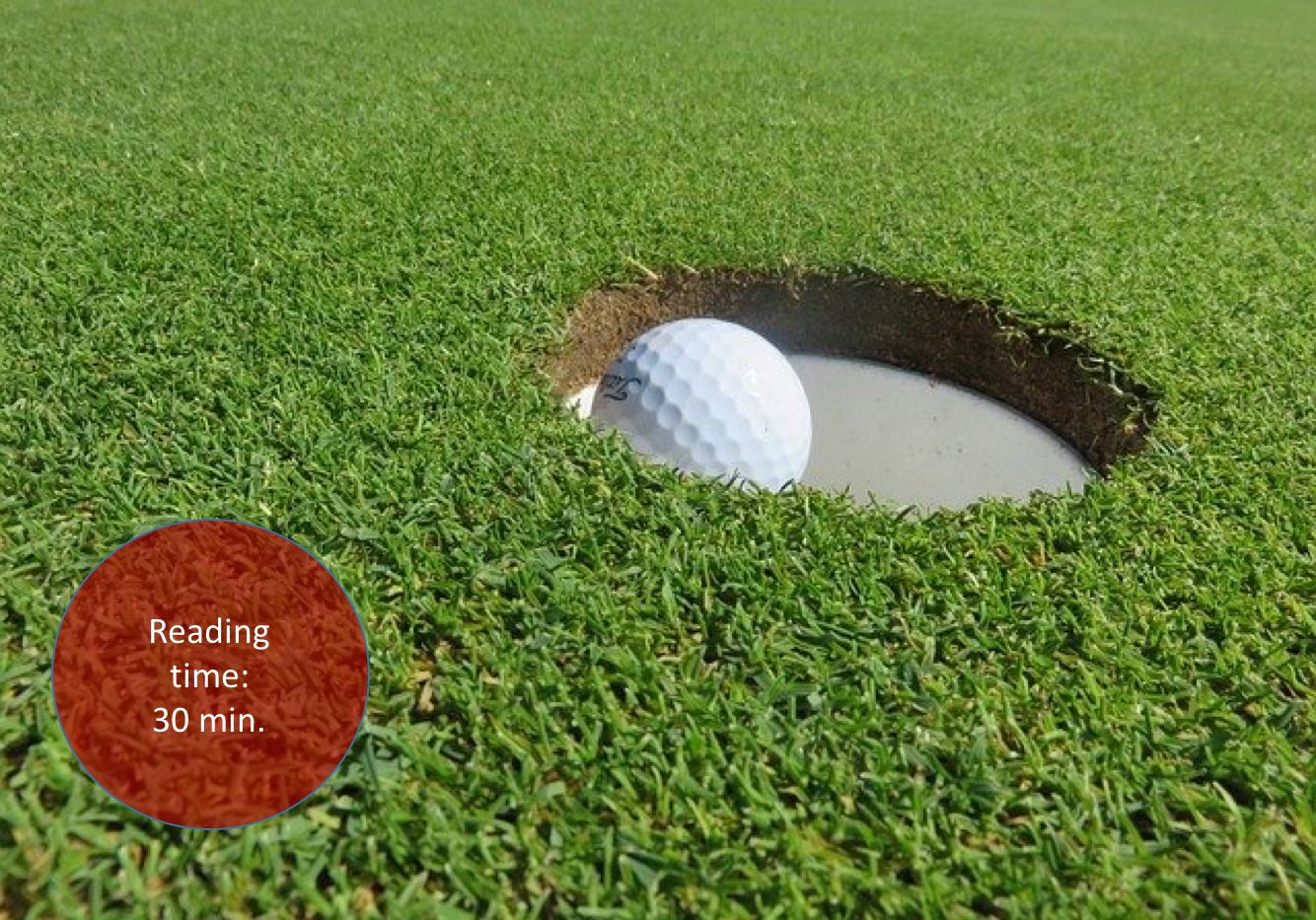Horizon Europe Grants – New Program and Calls for Proposals
07.11.2021

The European Commission’s new funding “Framework Program”, Horizon Europe, was launched in June 2021, replacing the well-known Horizon 2020 (the 8th Framework Program). The Framework Program is the world’s largest grant program for supporting R&D endeavors. The Horizon Europe Framework Program will run for seven years, from 2021 – 2027, and its budget currently stands at EUR 95.5 billion. Israel, which already joined the 4th Framework Program back in 1996, has participated in all subsequent Framework Programs and is currently negotiating the Association Agreement in order to join the new Horizon Europe program. The relevant Israeli authority is confident that the Association Agreement will be signed prior to the actual signature on the various legal documents described below.
In connection with Horizon Europe, the European Commission (the “EC”) publishes various calls for submissions of proposals for projects on its website. The three “pillars” or “frameworks” under which these calls are made consist of: Excellent Science (mainly funding academic research), Global Challenges and European Industrial Competitiveness (mostly grants for consortia, with the highest budget) and Innovative Europe, which also includes the highly competitive European Innovation Council funding, the EIC (which used to be known as the SME), which is provided to individual companies. Funding granted to the consortia can cover up to 100% of the eligible costs and 25% overhead. The EC recently published calls for submissions in the following fields: Cluster 5 (climate, energy and mobility), Cluster 1 (health) and Cluster 6 (food, bioeconomy, natural resources, agriculture and environment). The details of the calls can be found on the EC website: https://ec.europa.eu/info/funding-tenders/find-funding/eu-funding-programmes/horizon-europe_en.
A substantial portion of the Horizon Europe grants are provided to consortia. A consortium is independently formed by a group of entities in order to submit the grant request and, if successful in obtaining approval, to perform the project and receive the grants. The consortia members can be companies, governmental entities, museums, local councils, universities, or hospitals. In order to qualify, a consortium must include at least three unaffiliated members established in the 27 Member States of Europe or the 17 Associated Countries (a list of countries including Israel). At least one member must be located in a Member State of Europe. As such, Israeli entities wishing to apply for a grant for a consortium project should involve at least one entity established in Europe as a member of the consortium. An average consortium consists of approximately eight partners.
Choosing the partners for the consortium requires serious consideration. Participation in a consortium can materially boost the scalability of the technology developed under the funded project. Choice of members of the consortium should take into account which entities can provide complementary expertise and clear contributions to the funded project. For example, institutions should choose industry partners which are potential customers or adopters of their research products. In any case, participation in a consortium is valuable and creates synergies and ecosystem benefits beyond the receipt of the Horizon Europe grants themselves.
Israeli companies and institutions have been quite successful in obtaining grants from the EC over the years. 12.8% of applications by Israeli entities were approved for grants under Horizon 2020 in the period between 2014 – 2020. Universities have generally been slightly more successful in receiving grants than companies. The aggregate amount received by Israeli entities during this period (and into 2021) was EUR 1.24B. Generally, it is the larger and more established Israeli companies which succeed in the consortium format; smaller companies often prefer to apply for the individual grants, under what is now the EIC program (especially under the EIC Accelerator sub-track).
ISERD (the Israel Europe R&I Directorate) is a department of the Israel Innovation Authority (the “IIA”) serving as the Israeli National Contact Point for the Horizon project. ISERD provides substantial assistance to Israeli companies and institutions wishing to participate in Horizon Europe. The IIA can even fund a company’s expenses in applying for the Horizon Europe grants. ISERD hosts various events explaining how to apply for Horizon Europe funding, as well as assisting Israeli companies to find European partners for the grants. We recommend visiting their website for more information: https://www.innovationisrael.org.il/ISERD/.
Legal assistance is vital for successful participation in the Horizon Europe consortium program. Quite a few lengthy and detailed legal documents or “instruments” must be signed in connection with receipt of the Horizon Europe grant. Generally, the members of the consortium negotiate and sign an NDA, as well as an Memorandum of Understanding with each other. They are also required to sign a detailed Consortium Agreement (the “CA”) with each other. The CA is substantively a commercial agreement and addresses matters such as internal organization, decision-making processes, allocation of funding and commercialization of the project results. We note that, unlike grants provided directly by the IIA, receipt of Horizon Europe grants generally does not subject a company’s intellectual property or technology to any governmental restrictions. The EC is more interested in matters such as publishing the results of the project, so as to disseminate the funded knowledge among potential users and the scientific community. However, the CA does addresses matters such as intellectual property ownership, provision of access to technology and cross-licensing between the various members of the consortium. Therefore, the CA must be carefully negotiated in order to protect a participant’s background and foreground intellectual property. Each member of a consortium also signs a Grant Agreement (the “GA”), with the European Commission (or one of the executive agencies). Although the terms of the GA are not open for negotiation, we recommend nonetheless that the GA be carefully reviewed in order to understand the participant’s legal obligations and rights.
Lawyers in the Yigal Arnon Commercial IP and High-tech practice groups have extensive experience assisting clients in connection with diverse EC grant programs, participation in IIA funded consortia (such as the Magnet Program), and matters related to the various grants provided by the IIA under different tracks. For more information, please contact Miriam Friedmann, Adv., at miriamf@arnon.co.il.
In connection with Horizon Europe, the European Commission (the “EC”) publishes various calls for submissions of proposals for projects on its website. The three “pillars” or “frameworks” under which these calls are made consist of: Excellent Science (mainly funding academic research), Global Challenges and European Industrial Competitiveness (mostly grants for consortia, with the highest budget) and Innovative Europe, which also includes the highly competitive European Innovation Council funding, the EIC (which used to be known as the SME), which is provided to individual companies. Funding granted to the consortia can cover up to 100% of the eligible costs and 25% overhead. The EC recently published calls for submissions in the following fields: Cluster 5 (climate, energy and mobility), Cluster 1 (health) and Cluster 6 (food, bioeconomy, natural resources, agriculture and environment). The details of the calls can be found on the EC website: https://ec.europa.eu/info/funding-tenders/find-funding/eu-funding-programmes/horizon-europe_en.
A substantial portion of the Horizon Europe grants are provided to consortia. A consortium is independently formed by a group of entities in order to submit the grant request and, if successful in obtaining approval, to perform the project and receive the grants. The consortia members can be companies, governmental entities, museums, local councils, universities, or hospitals. In order to qualify, a consortium must include at least three unaffiliated members established in the 27 Member States of Europe or the 17 Associated Countries (a list of countries including Israel). At least one member must be located in a Member State of Europe. As such, Israeli entities wishing to apply for a grant for a consortium project should involve at least one entity established in Europe as a member of the consortium. An average consortium consists of approximately eight partners.
Choosing the partners for the consortium requires serious consideration. Participation in a consortium can materially boost the scalability of the technology developed under the funded project. Choice of members of the consortium should take into account which entities can provide complementary expertise and clear contributions to the funded project. For example, institutions should choose industry partners which are potential customers or adopters of their research products. In any case, participation in a consortium is valuable and creates synergies and ecosystem benefits beyond the receipt of the Horizon Europe grants themselves.
Israeli companies and institutions have been quite successful in obtaining grants from the EC over the years. 12.8% of applications by Israeli entities were approved for grants under Horizon 2020 in the period between 2014 – 2020. Universities have generally been slightly more successful in receiving grants than companies. The aggregate amount received by Israeli entities during this period (and into 2021) was EUR 1.24B. Generally, it is the larger and more established Israeli companies which succeed in the consortium format; smaller companies often prefer to apply for the individual grants, under what is now the EIC program (especially under the EIC Accelerator sub-track).
ISERD (the Israel Europe R&I Directorate) is a department of the Israel Innovation Authority (the “IIA”) serving as the Israeli National Contact Point for the Horizon project. ISERD provides substantial assistance to Israeli companies and institutions wishing to participate in Horizon Europe. The IIA can even fund a company’s expenses in applying for the Horizon Europe grants. ISERD hosts various events explaining how to apply for Horizon Europe funding, as well as assisting Israeli companies to find European partners for the grants. We recommend visiting their website for more information: https://www.innovationisrael.org.il/ISERD/.
Legal assistance is vital for successful participation in the Horizon Europe consortium program. Quite a few lengthy and detailed legal documents or “instruments” must be signed in connection with receipt of the Horizon Europe grant. Generally, the members of the consortium negotiate and sign an NDA, as well as an Memorandum of Understanding with each other. They are also required to sign a detailed Consortium Agreement (the “CA”) with each other. The CA is substantively a commercial agreement and addresses matters such as internal organization, decision-making processes, allocation of funding and commercialization of the project results. We note that, unlike grants provided directly by the IIA, receipt of Horizon Europe grants generally does not subject a company’s intellectual property or technology to any governmental restrictions. The EC is more interested in matters such as publishing the results of the project, so as to disseminate the funded knowledge among potential users and the scientific community. However, the CA does addresses matters such as intellectual property ownership, provision of access to technology and cross-licensing between the various members of the consortium. Therefore, the CA must be carefully negotiated in order to protect a participant’s background and foreground intellectual property. Each member of a consortium also signs a Grant Agreement (the “GA”), with the European Commission (or one of the executive agencies). Although the terms of the GA are not open for negotiation, we recommend nonetheless that the GA be carefully reviewed in order to understand the participant’s legal obligations and rights.
Lawyers in the Yigal Arnon Commercial IP and High-tech practice groups have extensive experience assisting clients in connection with diverse EC grant programs, participation in IIA funded consortia (such as the Magnet Program), and matters related to the various grants provided by the IIA under different tracks. For more information, please contact Miriam Friedmann, Adv., at miriamf@arnon.co.il.











